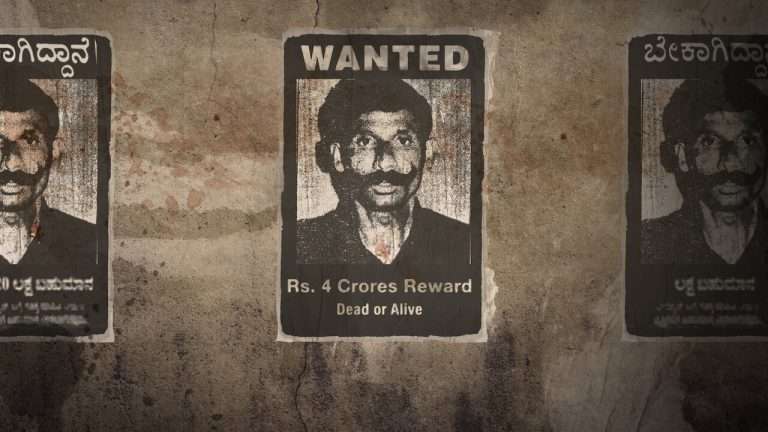Oh, Canada (2024) may not be the last film that Paul Schrader ends up making, as the notoriously active writer/director has already hinted at what his next project might be. That being said, “Oh, Canada” certainly feels like an acclaimed artist looking back on the achievements of their career, as it is by its very nature a reflective story about two fixed points in a man’s life.
Schrader has long been interested in exploring the lurking feelings of anxiety and self-destruction that exist within archetypes of masculinity, such as a priest (“First Reformed”), a drug dealer (“Light Sleeper”), a gambler (“The Card Counter”), a male escort (“American Gigolo”), or a family man (“Hardcore”). “Oh, Canada” is perhaps the best evidence that these stories were all derived from Schrader’s own self-analysis, as it recontextualizes the accoladed Russell Banks novel “Foregone” as a commentary on the ramifications of the New Hollywood movement.
“Oh, Canada” serves as a reunion for Schrader with his “American Gigolo” star, Richard Gere, who takes on the role of the aging documentary filmmaker Leonard Fife. Fife has spent years exploring the faults within institutions and has been praised for being a maverick in a time where many within his field only seek the praise of their peers. However, Fife is forever associated with the decision he made as a young man to flee America for Canada in an attempt to avoid being drafted for the Vietnam War. This aspect of his life has become mythologized by his students and admirers, but flashbacks reveal that Fife was far more conflicted about his decision than it would seem.
These flashbacks are shown in full detail with Jacob Elordi as a younger version of Fife, who deals with a divorce, remarriage, and the birth of a child, even though he is still in his early 20s. Debates over whether Elordi and Gere look anything alike are superfluous, as “Oh, Canada” is expressly about the nature of subjective memory. Gere appears in some flashbacks and Fife tries to examine the decisions he made in order to understand the ramifications, and there are instances where Elordi’s segments feel either imagined or highly slanted in their perception of events. The lack of objectivity is the point; whether Fife is passing on his story to his students, being remembered by non-related outsiders, or trying to justify what he did to either himself or others, he is never necessarily in a position where it is in his best interest, to tell the truth.

What casting two very different actors in these two segments (which are poetically intertwined in a mostly comprehensible way) does is show the polar extremes of Fife’s life. At one point he is a young man who is told that the future is his for the taking, and at another point, he is told that he has peaked. The regrets that Fife seems to have rest on the fact that his ambitions were never as noble as they have been remembered as being, even if his success has subsequently allowed him to be more active in pursuing general areas of interest.
Gere appears to be generally engaged and focused when discussing his recent work, which sheds a spotlight on the infrastructural flaws within the judicial system. It’s not a coincidence that the catatonic state he enters once his memories begin to fade begins as soon as he is associated with the “draft dodger” moments that defined counter-culturalism among young people in the 1970s.
It’s not hard at all to imagine why this particular theme resonated with Schrader. Although he has always been a gifted filmmaker, Schrader earned the most notoriety of his early career by crafting the Martin Scorsese films “Taxi Driver” and “Raging Bull,” which rank among the most identifiable examples of toxic masculinity in media. Their success allowed Schrader to pursue all sorts of wild artistic endeavors, such as his biographical epic “Mishima: A Life in Four Chapters,” a remake of “Cat People,” and even Scorsese’s controversial religious epic “The Last Temptation of Christ.” He’s arguably one of the most important voices in film over the last five decades, but Schrader may be still a bit miffed that he is often referred to as “the guy who created Travis Bickle,” a character that has inspired countless male anti-heroes, including everything from “American Psycho” and “Fight Club” to “Joker” and “Deadpool.”

Scharder’s attempt to course correct his own legacy really comes across within the final stretch of “Oh, Canada,” in which the film leans heavily into Fife’s reckoning as Elordi’s version of the character examines the two paths that stand in front of him. It’s typical for a Schrader film, however prestigious it may have been, to lean into pure pulp in its final act; the outrageous action finale of “Hardcore” and the grim twists of “Affliction” are just two examples. It might be easy to see the last segment of “Oh, Canada” as a deliberate inversion, but it’s perfectly fitting for a character like Fife, who never feels that there was a true “apex” to his life in the first place.
“Oh, Canada” is as finely written as any of Schrader’s work, as he has a seemingly incomparable ability to master the fine art of conversation between established professionals. The notion of a “film within a film” is also an interesting concept, as the segments with Gere feature Fife’s former students Malcolm (Michael Imperioli) and Diana (Victoria Hill) conducting an interview with their mentor about his life. It’s not only an interesting framing device for a movie about the subjectivity of narrative nonfiction but also an interesting way for Schrader to justify the more overt stylistic twists that come into play.
No one would ever accuse Schrader of being too sentimental, but “Oh, Canada” is arguably more earnest than the stripped-back nihilism of “The Card Counter” or the grim truisms on radicalization in “Master Gardener.” It’s thoughtful and at times very moving, showing that storytellers are often best when they can draw from their own life in the most untraditional of ways. Ultimately, “Oh, Canada” should be remembered as a noteworthy entry in an excellent canon.







